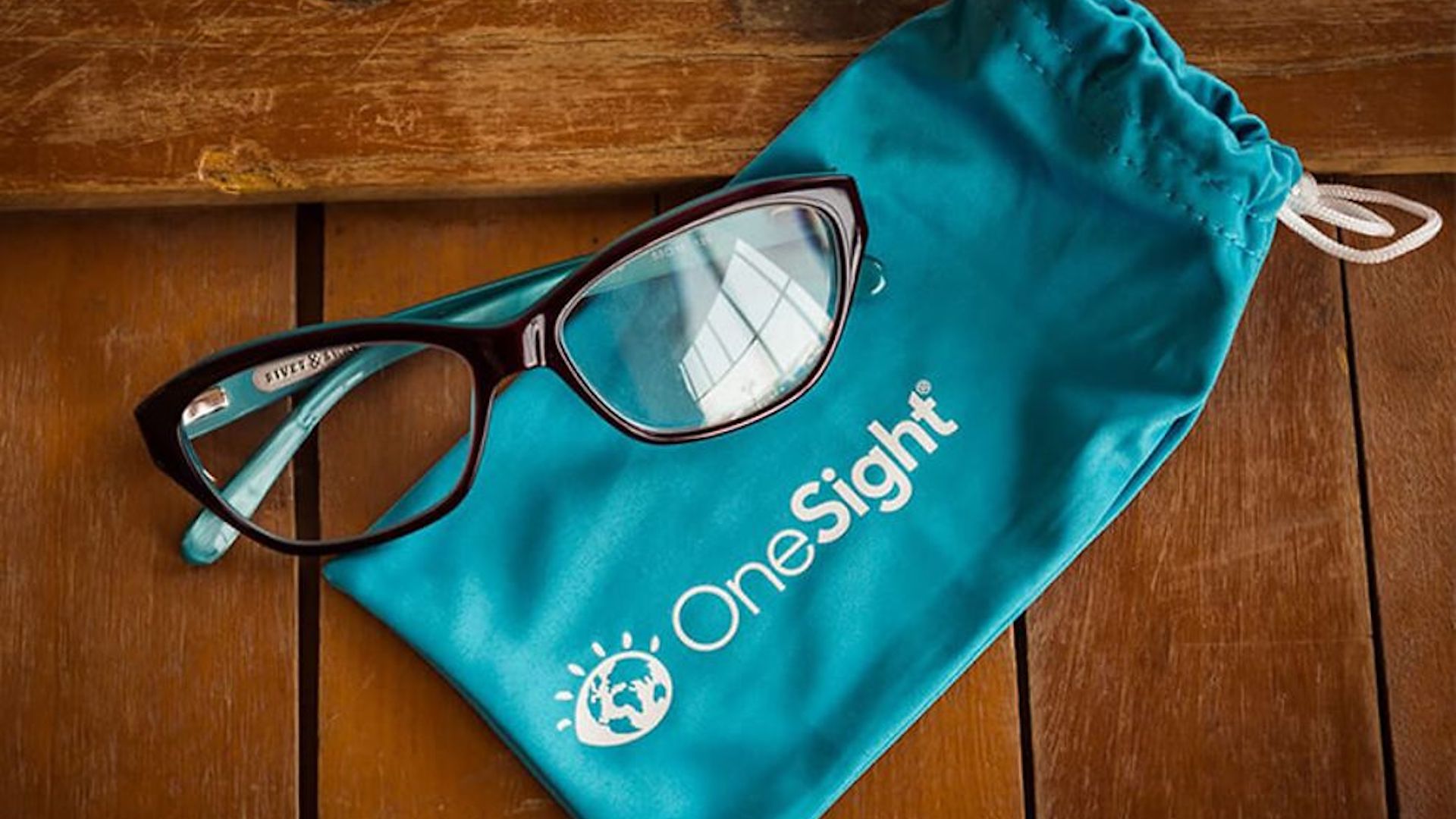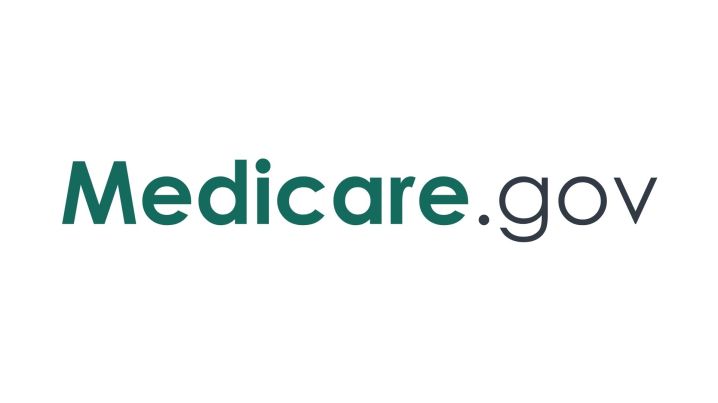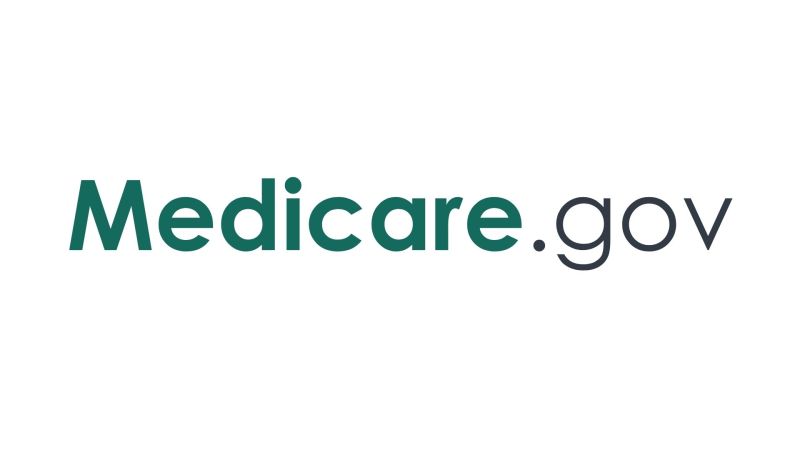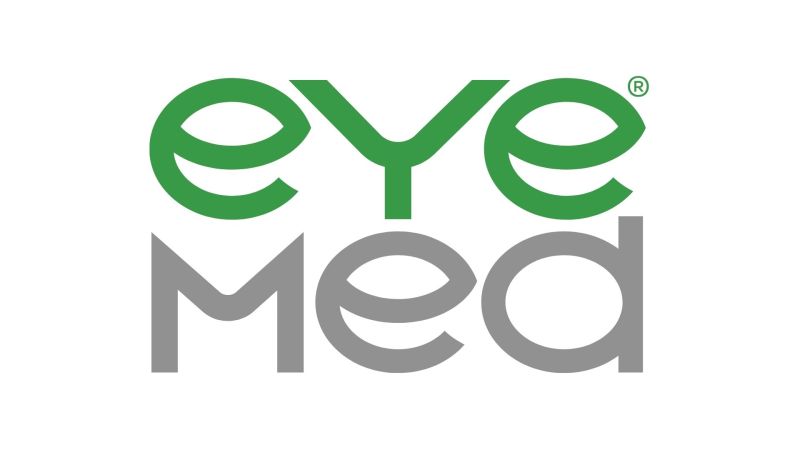We may earn revenue from the products available on this page and participate in affiliate programs.

Vision insurance is an afterthought for many, particularly when you’re already choosing health plans. It’s often challenging to bother oneself over eyewear when you’re comparing the finer points of your cardiovascular and oncology care. But for the most part, you won’t have much to worry about when you finally get around to scheduling a vision test.
Both retired military and veterans will likely have all of their vision needs taken care of through FEDVIP, CHAMPVA, Medicare, and, in some cases, VA vision benefits. But some will require supplemental coverage to fill in the gaps, and a few may opt out of those programs for other reasons. But the good news is that there are several exceedingly affordable options that all provide unbeatable service and coverage to retired military — because those who have served their country shouldn’t need to worry about eyeglasses and contact lenses.
- Best for Dental and Vision: FEDVIP
- Best for Seniors: Medicare Advantage
- Best for Coverage: VSP
- Best on a Budget: EyeMed
Best Dental and Vision
FEDVIP
Best for Seniors
Medicare Advantage
Best for Coverage
VSP Vision
Best on a Budget
EyeMed
Things to consider before buying vision insurance for retired military
VA vision care
Retired military and veterans alike may be eligible to get some or all of their vision care through their local VA Medical Center. While VA healthcare benefits typically only apply to ongoing service-related injuries, that is not necessarily the case for eyeglasses, eye exams, glaucoma tests, and other types of preventative vision testing. The catch here is that you need to be eligible for VA care in the first place.
Here’s how it works. To qualify for VA vision care, at least one of these scenarios must apply to you:
- Have a service-connected disability
- Vision problems caused by an illness or injury for which you receive VA care
- Are a former prisoner of war (POW)
- Were awarded the Purple Heart
- Receive Title 38 benefits
- Receive pension due to being permanently housebound
Again, not every military retiree will qualify, but for those that do, this could be the preferred course of action. Review the VA’s eligibility requirements in more detail here. Additionally, you can find a VA health facility near you with this link.
What to look for in a vision plan
When it comes to choosing a vision plan, the first thing retired military personnel should consider is which plan they should get through FEDVIP. FEDVIP has several carriers to choose from, and each of them are quite different from the other. But even if you’ve opted out of FEDVIP or the program doesn’t meet your needs, you’ll still need to decide which provider is right for you.
Here are things to look for in a vision plan:
- Broad coverage area: Are you able to access nearby doctors and eye clinics? Online options for shopping and filing claims are great, but most tests and examinations still happen in brick-and-mortar locations. If there are none near you, then consider other options.
- Simple claims process: Are you able to file claims online? How about through a mobile app? Email or snail mail? Is there 24/7 customer service by phone? The answers to these questions will help you understand what doing business with a provider is actually like.
- Affordable premiums: Price is at the forefront of most policyholders, and you shouldn’t have to pay an arm and a leg for quality coverage. Compare the monthly premiums of your vision carriers to find one with a price point that you deserve.
- Sizable allowances: Which provider offers the most generous allowances for frames and contact lenses? At the end of the day, you want a plan with an annual allowance large enough to cover all of your costs, not just a portion.
When you compare what each company has to offer alongside your insurance needs, choosing the right eye insurance plan becomes a lot easier. Check out our guide to the best overall insurance companies.
FAQs about vision insurance for retired military
Q: What’s typically included with vision insurance?
A: What is typically included with vision insurance are eye exams, eyeglasses, and contact lenses. These benefits are generally granted annually, and you’ll often have a copay for any services, even if it’s only zero dollars.
Q: Can you use insurance if you buy glasses online?
A: Yes, you can use insurance to buy glasses online if the retailer accepts your insurance type. On the other hand, for those who get reimbursed for purchases, double-check to make sure your provider doesn’t have any restrictions with online vendors. Also, just like purchasing at a brick-and-mortar retailer, your insurance likely has a dollar amount that you are allowed to spend each year, so be mindful of this allowance when buying glasses or contact lenses online.
Q: Is paying for vision insurance worth it?
A: Yes, it’s generally worth it to pay for vision insurance, especially for retired military who may experience vision issues as they age. Typically, healthcare plans only cover eye injuries and other medical problems, so to avoid paying out of pocket for eye exams, glasses, and contact lenses, vision insurance can definitely be worth it. However, if all you require are annual eye check-ups, then insurance may not be cost-effective.






